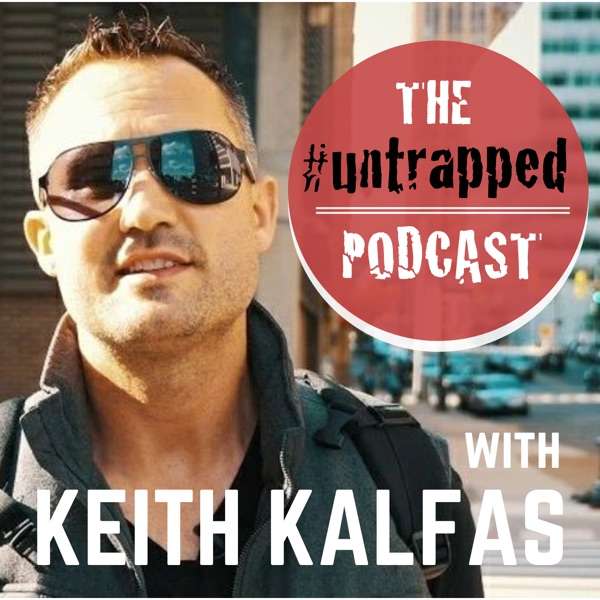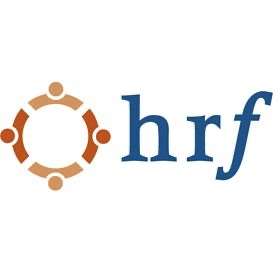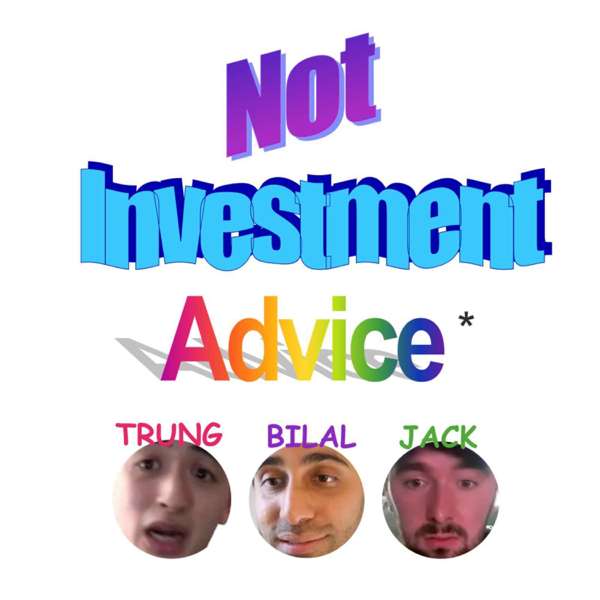Episode 108: “The Edge of Compassion.” We know that compassion fatigue, secondary trauma, and burnout can take a heavy toll on people in the field of child protection. Children’s Advocacy Center staff, law enforcement, prosecutors, medical providers, case workers, and others deal with this every single day. How do we stay hopeful and resilient in the face of such suffering? We invited Françoise Mathieu, co-executive director of TEND Academy and a highly sought-after speaker on the subject of high-stress workplaces, to discuss how child advocacy professionals can protect ourselves and our colleagues as we deal with cases of horrific child abuse. How can we cope with the stress while still remaining effective and compassionate for the children and families we work so hard to help? (Call quality was a problem with this episode, but it’s absolutely worth listening to what Françoise has to say.)
Topics in this episode:
· The difference between compassion fatigue, burnout, secondary trauma, and vicarious trauma. (3:41)
· How to know in the moment that you’re being impacted by stress. (6:40)
· How the stress of our jobs can affect our own kids. (16:17)
· The weight of the job can make other things seem frivolous. (19:32)
· We can’t do this alone. (26:35)
· What do people need to be healthy? (35:47)
· Trauma exposure as a viral load. (40:14)
· Flipping our lids. (44:06)
· Low-impact debriefing. (Don’t slime people.) (53:32)
· The one thing to remember. (58:03)
· Our next episode. (59:31)
Links:
Françoise Mathieu, M.Ed., CCC., RP, is the co-founder and co-executive director of TEND Academy. She is the author of The Compassion Fatigue Workbook.
The Resources page of the TEND website includes more information about compassion fatigue, vicarious trauma, and secondary traumatic stress. And check out the TEND blog for related topics.
The Secondary Traumatic Stress Consortium is a group of researchers, trainers, practitioners and advocates with a common goal of advancing the field of secondary traumatic stress towards health. The website has free resources and information on training.
NCA’s Standards for Accredited Members are available on our website as a PDF. Promoting the well-being of employees and partners is part of the Organizational Capacity Standard (see page 50).
Dr. Patricia Fisher, R.Psych., L.Psych., is co-founder and co-executive director at TEND. To learn more about the organizational health model, read this article on the TEND website.
Laurie Anne Pearlman, Ph.D.
Low impact debriefing
Our next episode will feature Maya Brennan from the Research to Action Lab at the Urban Institute
Support the show
Did you like this episode? Please leave us a review on Apple Podcasts.

 Our TOPPODCAST Picks
Our TOPPODCAST Picks  Stay Connected
Stay Connected







